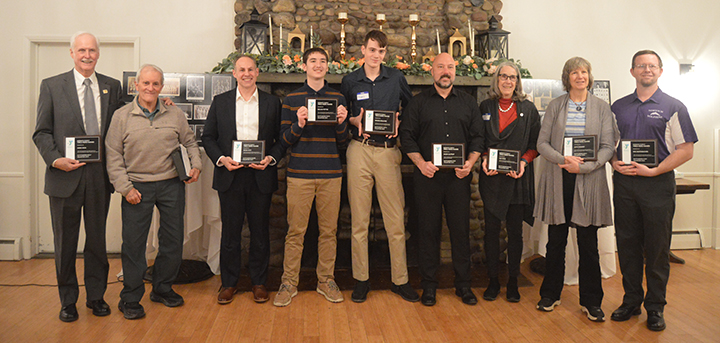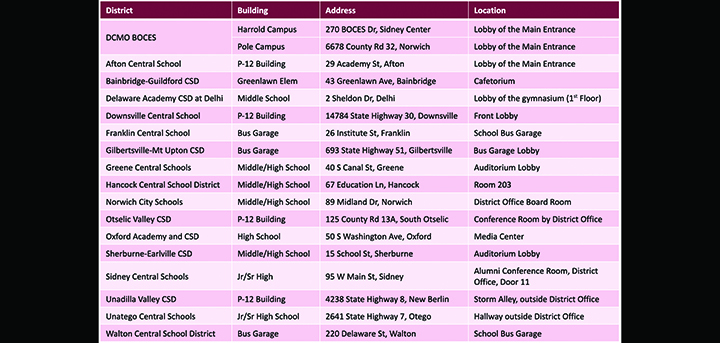A race of Gods
Last week, I was driving in the rain from Oregon into Washington State along a road that I’ll call the “Terror Mountain Pass.”
Trailing in the wake of water-spitting eighteen-wheelers, I could barely see through my windshield, and had little expectation of surviving my trip, let alone being transported into raptures of joy
Once or twice as I drove, I snuck an admiring glance at the Columbia River, or I risked a glimpse at cascading waterfalls, but for the most part, my appreciation of the landscape was limited to two thoughts: One. There sure are a lot of electric lines, telephone poles, hydroelectric dams, and traffic along this winding road. Two. I wish I had been paddling a canoe down the river about a hundred years ago, instead of driving alongside it now.
Which doesn’t mean that I begrudge civilization.
Certainly, my client could never have sent me from New York to Portland, and from Portland to Yakima, Washington on the back of a mule. I value airplanes, cell phones, and four-wheel drive vehicles capable of driving through everything short of an apocalypse. And as to Global Positioning Systems, I would sooner give up my mid-morning cup of coffee (for which I live) than surrender my dashboard GPS.
I couldn’t complain about the scenery, either. Fierce mountains and sun-glazed rivers evoked happy memories of John Ford Westerns. The view was panoramic, and I enjoyed a pleasant sense of Hollywood familiarity.







Comments